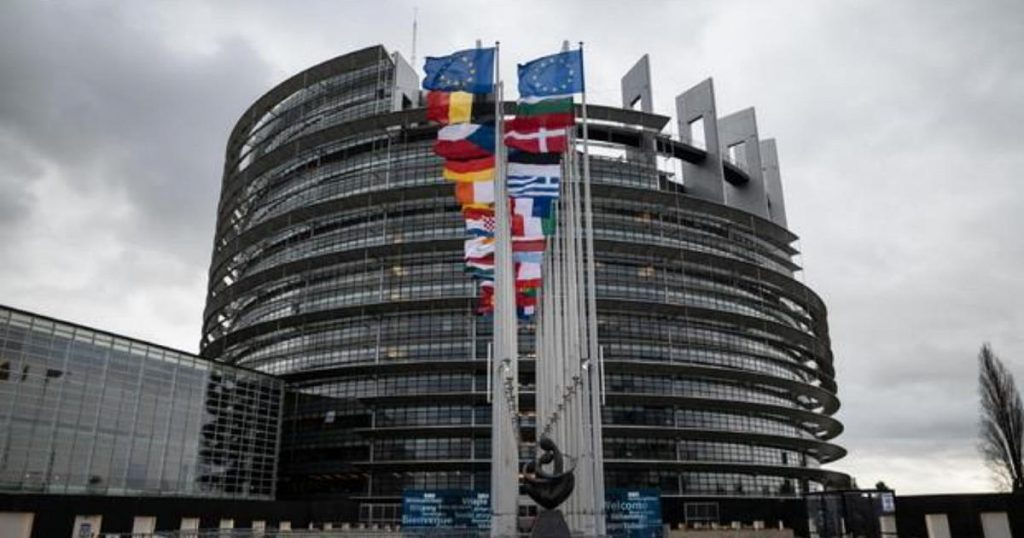It is time to work on electoral lists or alliances that allow parties to reach the 4% threshold to elect at least one member to the Strasbourg parliament. Different techniques can be used: one is having prominent candidates – some call them “vote catchers” – which is why larger parties discuss the possible candidacy of their leaders. Another method is the electoral list, which brings together small parties to reach the threshold. In both cases, there are supporters and opponents. Larger parties debate on the opportunity of certain candidates, such as Giorgia Meloni or Elly Schlein, to represent them in Europe.
Creating a list to combine different experiences to reach the 4% threshold for election generates other problems and discussions. Questions arise on who to ally with. Italy Viva chose to merge with +Europa for the European elections. However, they sought a new centrist partner and are considering an electoral agreement with the new DC party led by Totò Cuffaro. Some members, like Federico Pizzarotti, disagree with this decision and believe that certain alliances do not align with the values of their party. Meanwhile, others like the mayor of Taormina, Cateno De Luca, have formed a coalition of 17 small parties or lists from all over Italy under the symbolic name “Libertà”.
The center-right is also working on gathering moderates in their list, led by Antonio Tajani. Forza Italia, Noi moderati, and courting with the SVP, which is part of the European People’s Party, as well as civic lists curated by Scajola, are all efforts to unite moderates under one roof. This is not about reaching a threshold, as that is already secured, but about creating a united front of Italian moderates under a single “European” house. The purpose of this unity is to pave the way for the future.
The discussions within the Democratic Party revolve around candidate selection and the division over the candidates’ backgrounds. There are debates on whether candidates are too moderate or too progressive. An interesting point of contention is the candidacy of Marco Tarquinio, the former director of Avvenire and close to the Community of Sant’Egidio. Some within the party disapprove of Tarquinio’s stance against sending arms to Ukraine. Others defend him, and Elly Shlein has doubts not about the Ukraine issue but about Tarquinio’s opposition to equal marriage, the Zan law, and civil unions. These debates highlight the complex balancing acts within the party.
Overall, the upcoming European elections are prompting parties to evaluate their strategies for reaching the 4% threshold required for representation. This involves considerations of prominent candidates, electoral alliances, and the careful balance of values within the parties. The complex process of forming alliances and selecting candidates illustrates the challenges and decisions that parties face in the lead-up to the elections. Ultimately, the goal for all parties is to secure representation in the Strasbourg parliament and to present a united front to voters.


